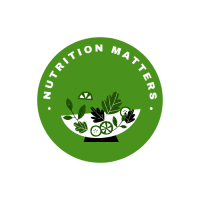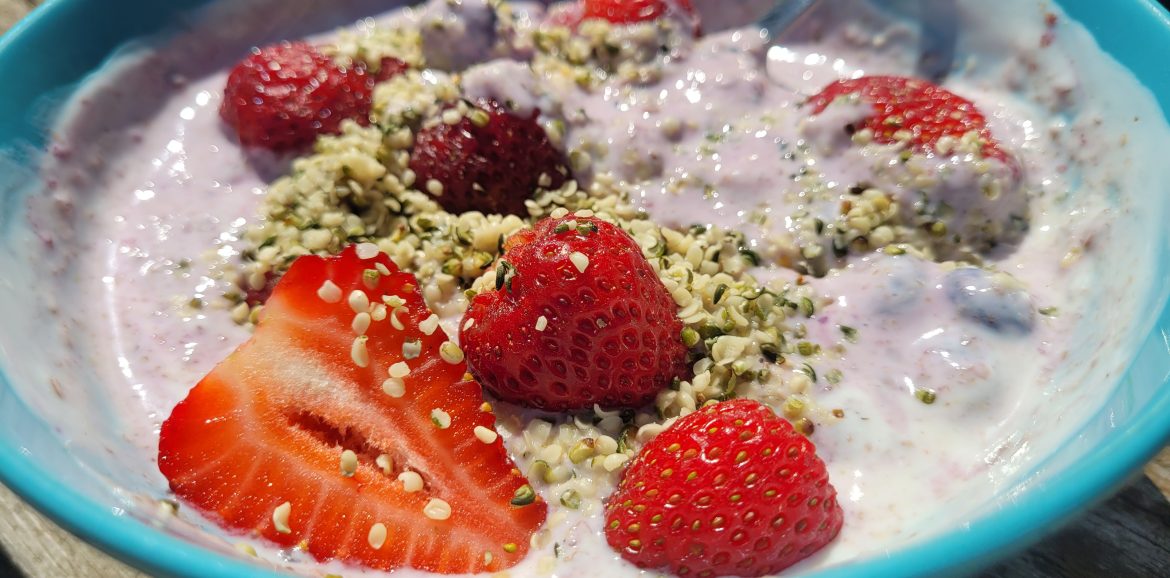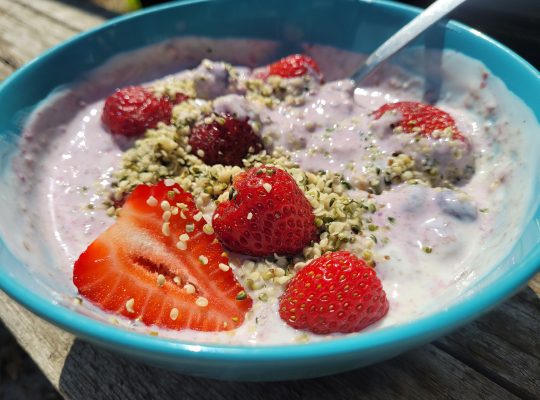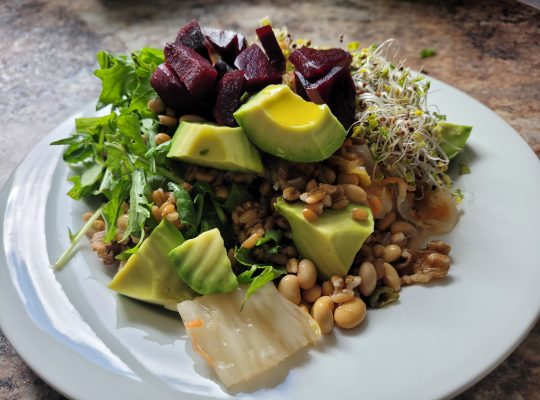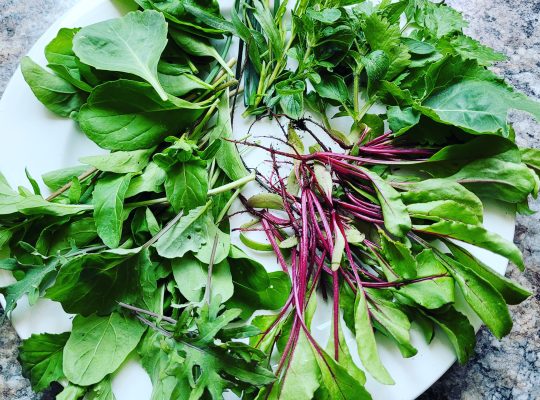It’s a complicated question. For many people, it’s a matter of affordability, never mind their actual choices. Does it matter? Is there a ‘buy organic if possible’ list? What about the big picture?
Let’s unpack.
Fact: Organically produced food costs more
There’s little debate on this one. Organic produce and organic foods in general (I am referring to whole foods) are more expensive than their conventional counterparts. Most of the time anyway, but there are cases where their prices match.
The reasons for the higher price tag are legitimate: farming with natural means and without the use of manufactured chemicals, whether fertilizers, herbicides, or pesticides, is labour-intensive and if you ask organic farmers about bad years, they’ll have many stories to share. Also, it costs money to comply with all the organic farming requirements and to be certified.
On the other hand, there are many small farmers who cannot afford the certification, but they adhere to organic practices nonetheless, because they believe in the greater good. We should all encourage the small guys who are aiming to make an impact, because the ripple effect is real.
Are pesticides and herbicides so bad?
It depends on who you ask. The shortest answer would be that they are not innocuous. After all, they are made to kill pests (weeds, bugs, fungus and yes, they can affect bacteria too. Some of our gut bacteria will also be affected.
Many studies have found evidence that exposure to chemicals, pesticides and herbicides included, increases the risk of inflammation, various cancers, metabolic and gut dysfunction. Many pesticides have been found to be endocrine disruptors, and they can have neurotoxic effects on the brain.
Glyphosate, which is the most widely used herbicide (you may know it as the weedkiller RoundUp), can affect beneficial gut bacteria and, surprisingly enough, some of the deleterious ones seem to be resistant to it. The International Agency for Research on Cancer (IARC) has declared glyphosate a potential carcinogen for humans. That should have brought some more scrutiny and stricter regulations but of course, the politics of it is complicated.
Higher amounts of glyphosate have been correlated with gut inflammation and ‘leaky gut’. This means that the tight junctions between the cells of your inner gut lining are affected, hence toxic compounds and bacteria by-products can penetrate through the gut wall into the blood stream, leading to a cohort of health issues, from autoimmune disorders to neurological and neurodegenerative diseases.
The big picture
Anyone who has been struggling to keep up with weeding the garden (more so after a few days of rain) can attest to the desperation that comes with it. It’s the job that has no end in sight. Sisyphean at best.
Would spraying a bit of this or that ease the work? Seemingly yes, except it comes at a cost. The soil is far from just dirt. There are billions of microorganisms that live in perfect symbiosis in healthy soil, and that ensures not just the health of our crops but also the health of larger ecosystems.
Spraying weedkillers and pesticides can drastically affect soil quality, and when used on a large scale, as it the case of conventional agriculture (specifically for mono-crops), it leads to excessive use of fertilizers.
I was not exaggerating when I said it’s complicated. Affordable food is essential, and yet, as time goes by, the health price increases and it’s often a subtle process.
Stay tuned for part 2 where I will discuss solutions and ways to mitigate exposure.
